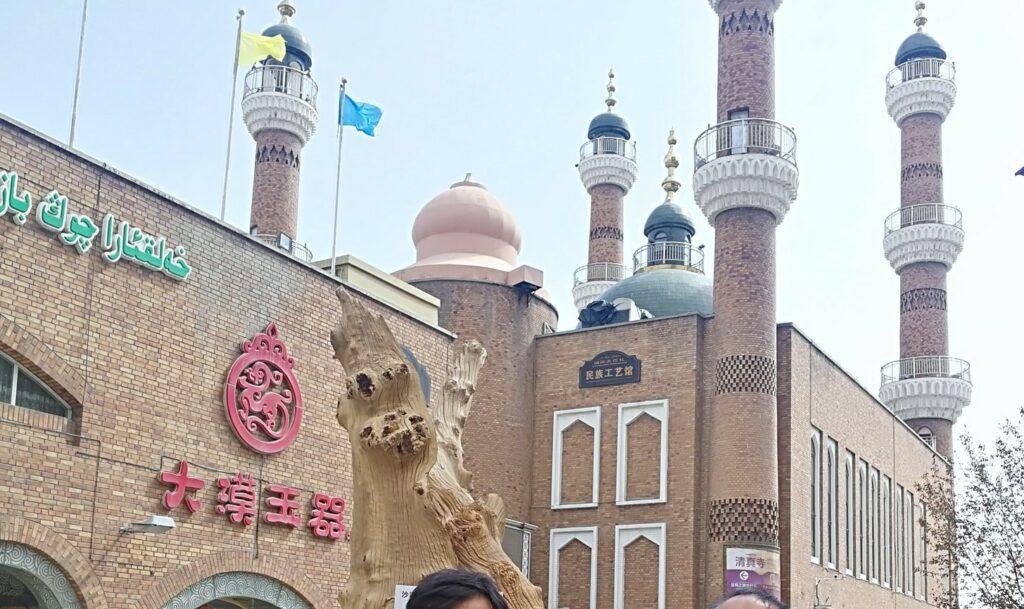KABUL (Pajhwok): The government of China is reducing the number of mosques in Ningxia and Gansu provinces under its “mosque consolidation” policy, in violation of the right to freedom of religion, Human Rights Watch (HRW) says.
Chinese authorities have decommissioned, closed down, demolished and converted mosques for secular use as part of the government’s efforts to restrict the practice of Islam, HRW claimed.
The authorities have removed Islamic architectural features, such as domes and minarets, from many other mosques.
“The Chinese government is not ‘consolidating’ mosques as it claims, but closing many down in violation of religious freedom,” said Maya Wang, acting China director at Human Rights Watch.
“The Chinese government’s closure, destruction, and repurposing of mosques is part of a systematic effort to curb the practice of Islam in China.”
However, the Chinese Embassy in Washinton DC rejected the HRW findings and said that Beijing “protects the freedom of religious belief of its citizens in accordance with the law”
It said: “Different Muslim groups in China are free to perform their religious ceremonies based on religious beliefs, regulations and traditional customs.”
Indirectly referring to the HRW report, the embassy said: “Respect the facts, put prejudice aside and stop baseless propaganda.”
Chinese law allows people to practice only in officially approved places of worship of officially approved religions, and authorities retain strict control over houses of worship.
Since 2016, when President Xi Jinping called for the “Sinicization” of religions, which aims to ensure that the Chinese Communist Party (CCP) is the arbiter of people’s spiritual life, state control over religion has strengthened.
“Mosque consolidation”[1] is referenced in an April 2018 central CCP document that outlines a multi-pronged national strategy to “Sinicize” Islam, or make it more Chinese.[2]. It instructs the CCP and state agencies throughout the country to “strengthen the standardised management of the construction, renovation and expansion of Islamic religious venues.”
The document notes that a central principle behind such “management” is that “there should not be newly built Islamic venues,” in order to “compress the overall number [of mosques].” While there can be exceptions, the document states that “there should be more [mosque] demolitions than constructions.”
Ma Ju, a US-based Hui Muslim activist who has been in contact with Hui in China affected by the policy, told HRW that it is part of efforts to “transform” (转化) devout Muslims in order to redirect their loyalty toward the CCP:
“Government officials first approach those Communist Party members who are also Hui Muslims … then they move onto ‘persuading’ students and governmental workers, who are threatened with school probation and unemployment if they continue with their faith.”
Although the Chinese authorities have said that the purpose of demolishing and closing mosques is to “reduce the economic burden” on Muslims in the country’s rural areas, in many cases, efforts to destroy mosques have been thwarted by the resistance of local Muslims and conflicts with the police have ended.
About 20 million Muslims are living in China.
sa/mud







GET IN TOUCH
NEWSLETTER
SUGGEST A STORY
PAJHWOK MOBILE APP